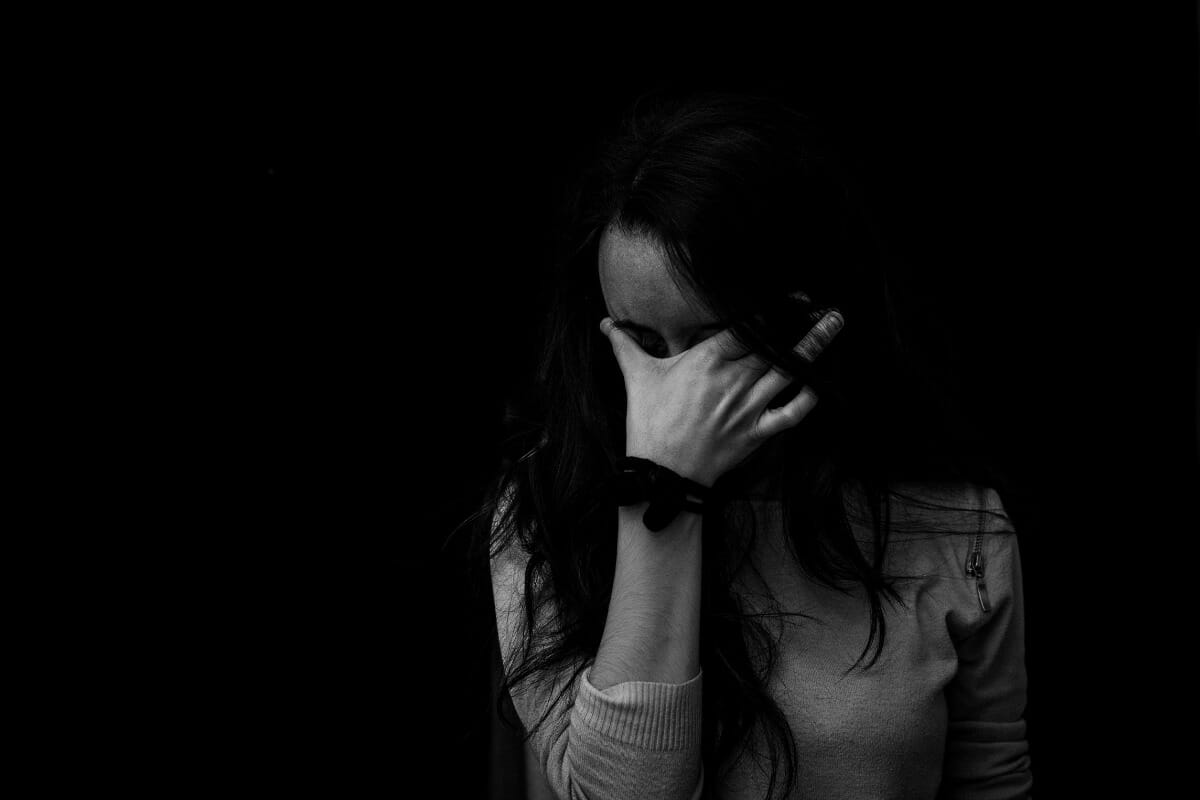How Quitting Alcohol Can Help Anxiety
Many people use alcohol to deal with their anxiety issues. The thought of having a drink to relax and unwind from your problems is a pervasive idea. Unfortunately, drinking alcohol can actually make your anxiety problems worse, keeping you in a cycle of dependence. The short-term feelings of relief provided by alcohol can lead to long-term consequences. For this reason, it’s important to understand how quitting alcohol can allow a person lasting relief to their symptoms of anxiety.
What is Anxiety?
To understand how consuming alcohol can exacerbate anxiety, it is important to understand what anxiety is. According to the American Psychological Association, anxiety is defined as an emotion characterized by [1]
- Feelings of tension
- Worry
- Physical changes such as increased blood pressure.
Stressful or traumatic events in one’s life can lead to feelings of anxiety or panic. Things such as relationship problems, financial concerns, and issues at work can all lead to anxiety feelings. The causes for anxiety vary for each individual. What causes anxiety for one person may not trigger the same response for another.
How Drinking Impacts Anxiety
For individuals struggling with anxiety, alcohol can be seen as a path for temporary relief. Indeed, alcohol is a sedative and a depressant that affects the central nervous system. It can make you feel relaxed and provide a boost in mood. However, excessive drinking can lead to loss of memory, brain damage, and blackouts.
Alcohol changes levels of serotonin in the brain, something that can make anxiety worse. Over time, your anxiety will worsen once you are not intoxicated. [2] It can lead to a cycle of abuse that can be difficult to get out of, making abstaining from alcohol much more challenging. Individuals with social anxiety may resort to alcohol any time they need to interact with other people.
The overlap between an anxiety disorder and alcohol dependence can create a potent, destructive combination difficult to break free from. According to a study from the National Institute of Health, upwards of 20% of people with chronic social anxiety also suffer from alcohol dependence. [3]
How Quitting Alcohol Can Help Your Anxiety
People who suffer from an anxiety disorder often struggle to overcome their alcohol dependence, believing it will make their anxiety worse. In the short-term, alcohol withdrawal can produce many uncomfortable feelings, including:
- Increased irritability
- Increased heart rate
- Erratic sleep
- Inability to concentrate
However, in the long-term, not being addicted to alcohol will have a much more positive impact on your anxiety. Instead of disrupting your serotonin levels by excessive amounts of drinking, living a sober life is a much better solution. Making this decision will provide you with a much more balanced and sustainable answer for dealing with your anxiety.
While you are still addicted to alcohol, you will be unable to get to the heart of many of the issues creating your anxiety. Addressing your addiction to alcohol can provide you with space to holistically deal with your anxiety disorder. Once you are sober, it is important to develop a plan for realistic and empowering coping strategies to utilize when anxiety manifests. Replacing your coping strategy of abusing alcohol is essential to achieving a lasting state of sobriety.
How Silver Sands Recovery Can Help
If you are struggling with alcohol addiction and an anxiety disorder, you will want to work with a trusted rehab facility to provide effective, co-occurring disorder services. Silver Sands Recovery commits to providing our clients with a safe and compassionate solution for those suffering from anxiety and alcohol disorders. Our caring professionals offer clients useful tools and practical skills to tackle both issues from a holistic perspective.
Many individuals struggle with repeated relapses into alcohol abuse. This can result from the underlying, foundational issues that lead to the disorders not being addressed. We have experience and education in treating those suffering from anxiety disorders and alcohol dependence. If you or someone you love is struggling with anxiety or an addiction to alcohol or other substances, contact Silver Sands Recovery today. We commit to providing our clients with sustainable solutions to address their addiction, and we are happy to help you get on the path to recovery.
Sources:
[1] https://www.apa.org/topics/anxiety/
[2] https://www.healthline.com/health/alcohol-and-anxiety#alcohol-effects
[3] https://pubmed.ncbi.nlm.nih.gov/2256896/
About the author:

Lisa Waknin is the Founder and Director of Silver Sands Recovery, located in Prescott, Arizona. Lisa started Silver Sands Recovery after immersing herself in the addiction treatment world for several years to figure out what could be done differently to help her daughter and others like her to overcome addiction and stay sober. She believes in a hands-on treatment approach, which includes taking someone out of their environment, providing a 90-day program in a structured environment. During treatment, clients not only recover physically but also learn to live their life again. Lisa is a sought-after expert speaker for recovery support groups, charities, schools, communities, and companies wanting to educate themselves on the explosion of opiate and heroin abuse in our country and the best way to understand, treat, and beat it.





